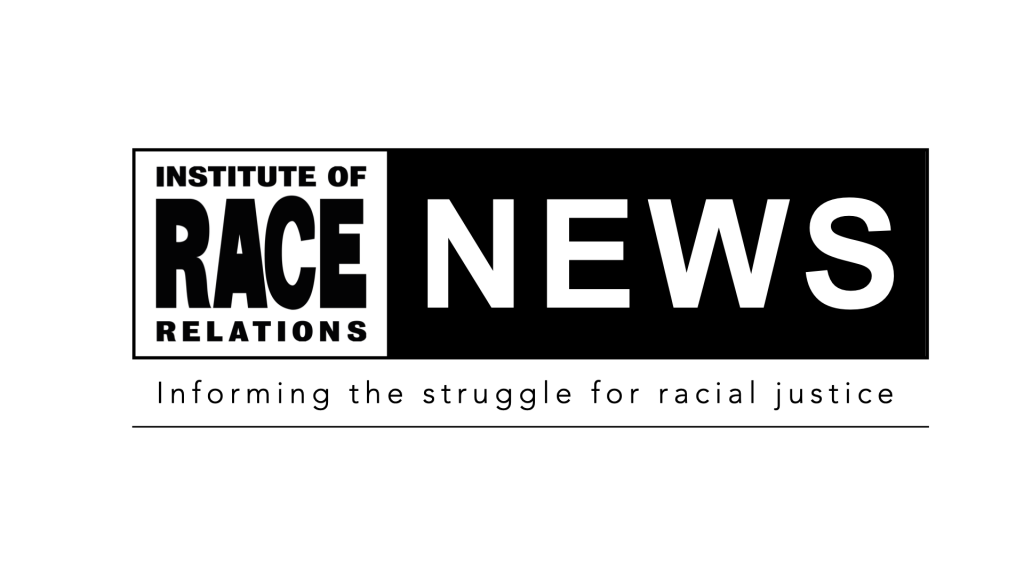30 April – 14 May 2024
As the Israeli offensive in Rafah intensifies, human rights organisations warn that there are virtually no medical facilities left to treat the wounded, let alone provide normal health care. Meanwhile, across Europe, the right of students to express solidarity with Palestinians is under attack from hard-right politicians and sections of the media who would like to see student solidarity camps across Europe dismantled, by force if necessary. British prime minister Rishi Sunak has said that a police crackdown on ‘campus disorder’ may be needed as pro-Palestinian encampments are said to create a ‘hostile and toxic atmosphere’.
Across Europe, university administrations – and even some student bodies – have added their voices to the suggestion that campus protests, calling for divestment from the Israeli occupation and an end to genocide, should cease. But all those who, for whatever reason, favour a campus crackdown, should reconsider. They only need to look to the US to see what happens when university administrators stop negotiating with students.
Across the US, notably at Columbia in New York, the University of California in Los Angeles (UCLA) and Dartmouth College in New Hampshire, countless students and faculty members have been injured after university administrators called in riot police. Professor Annelise Orleck, the 65-year-old former chair of the Jewish studies programme at Dartmouth, who spoke at an IRR event in 2019 about her book We Are All Fast-food Workers Now, was among those injured. She suffered nerve damage to the wrists because of excessively forceful handcuffing when she was arrested trying to protect her students.
The IRR is currently researching the use of lethal weaponry against Black and Brown people, migrants, refugees and others in the UK, Europe, and the US. In the first two months of Black Lives Matter protests in the US following the killing of George Floyd, at least 115 protesters were shot in the head or neck with crowd control weapons, with at least 30 people suffering permanent ocular damage, according to Physicians for Human Rights. Although it is still too early to calibrate the injuries that have resulted from the crackdown on pro-Palestine protests in the US, lethal weaponry has been deployed, including tear gas, tasers, clubs, chemical sprays, stun grenades, rubber bullets and other projectiles.
For anti-fascist researchers there are lessons, too, from the US. Militant pro-Israeli activism is now part of far-right vigilantism. We’ve already witnessed the antics of Tommy Robinson and the English Defence League here in the UK. Thanks to US hate crime researchers, we know that several far-right activists associated with anti-LGBTQ+ and anti-vaccine activism, as well as the Proud Boys, were part of a hundred-strong gang who assaulted pro-Palestinian students at UCLA with wooden batons and chemical sprays. During the four-hour attack, police and university security were nowhere to be seen.
While the use of lethal weaponry against student protesters is more common in the US, there have been worrying precedents in Germany and the Netherlands, with the University of Amsterdam, to the horror of faculty, calling in the riot police, armed with pepper spray, batons, dogs and a bulldozer, to end campus protests. Meanwhile, the media and hard-right politicians have been busy ratcheting up the rhetoric to further silence pro-Palestinian voices. In Germany, where student campus protesters at Berlin’s Free University were pepper-sprayed, Christian Democrat politicians have called on the ‘leaders of pro-Palestinian protests’ and ‘university professors’ who ‘encourage the mob’ to be subjected to state surveillance. Other examples of anti-Palestinian bias and this dangerous ramping up of rhetoric, in France and Spain, can be found in our regular calendar of racism and resistance – along with solidarity actions across the UK to stop deportations to Rwanda, as raids and detentions mount.
IRR News will take a break over the next few weeks, but follow us on twitter to catch up with our news and updates

